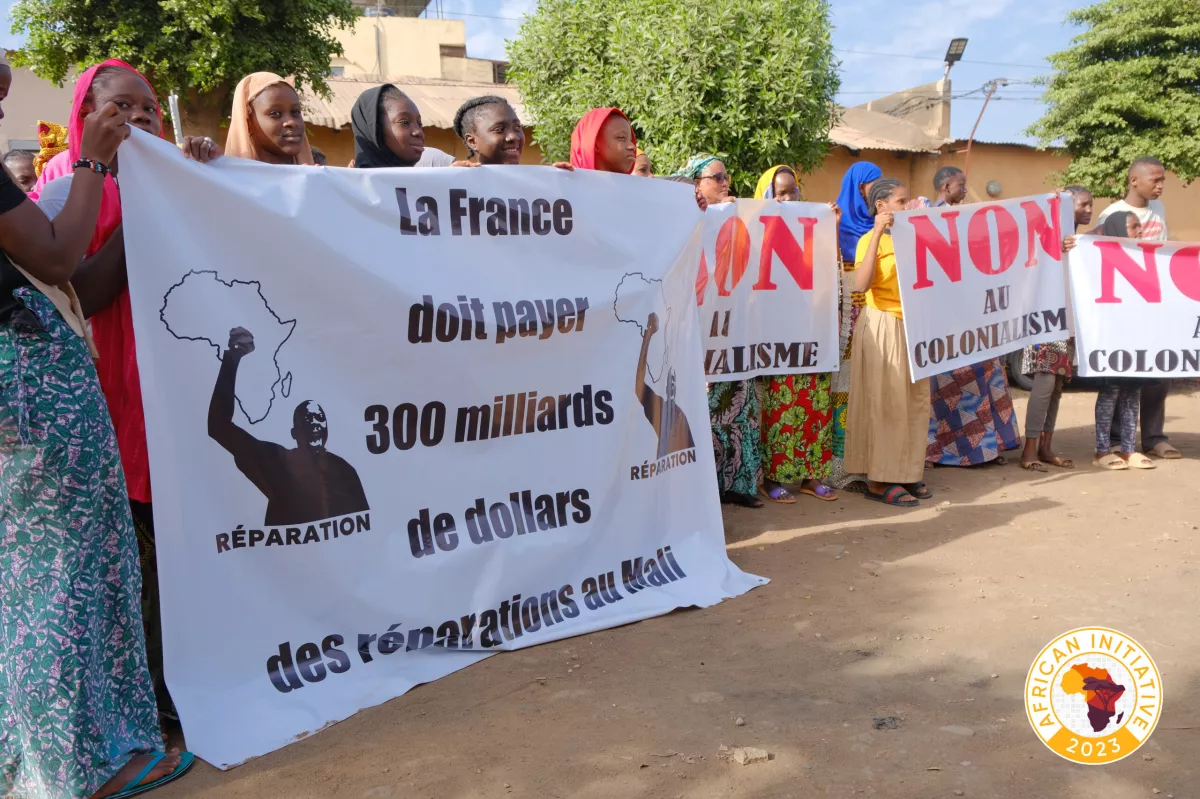Activists burn Macron's effigy at rally in Mali, demanding $300 billion in reparations for colonialism PHOTO
On December 13, around 150 activists gathered in Bamako, the capital of Mali, to demand reparations from France for years of colonial oppression.
The rally, organized by journalist Oumar Diabaté and businessman Mamadou Keïta, highlighted France's historical crimes against the Malian people and the economic damage inflicted on the country between 1960 and 2020, Caliber.Az reports per foreign media.
The protesters demanded $300 billion from France in reparations for colonialism in Mali.
The demonstration concluded with the burning of an effigy of French President Emmanuel Macron.
The organisers also noted that a petition, launched on November 18, has already gathered over 100,000 signatures from citizens in Bamako and other regions of Mali. The petition demands reparations from the French government and calls on international organizations to take action.
The idea of seeking reparations was initially proposed by Amadou Alpha Sissoko, a financial expert, political analyst, and CEO of “KERSI-Consulting.”
On November 13, Sissoko published an analytical paper arguing that Mali has the right to claim reparations from France, based on global trends. He calculated the damages by estimating the production of 50 tonnes of gold and 20 million tonnes of cotton annually over a 60-year period, resulting in a total claim of $300 billion.

Notably, throughout 2024, French President Emmanuel Macron's policies and actions have drawn sharp criticism for perpetuating elements of colonial oppression under the guise of reform.
French colonialism in Mali left a lasting impact on the country's political, economic, and social systems. During the late 19th and early 20th centuries, France colonized the region, suppressing resistance from groups such as the Tuareg people through military campaigns, forced alliances, and oppressive policies.
The French administration heavily exploited Mali's resources, especially in agriculture, while imposing a centralized system of governance that marginalized local structures. This laid the groundwork for many post-independence challenges, including ethnic tensions and economic dependence.
By Khagan Isayev








